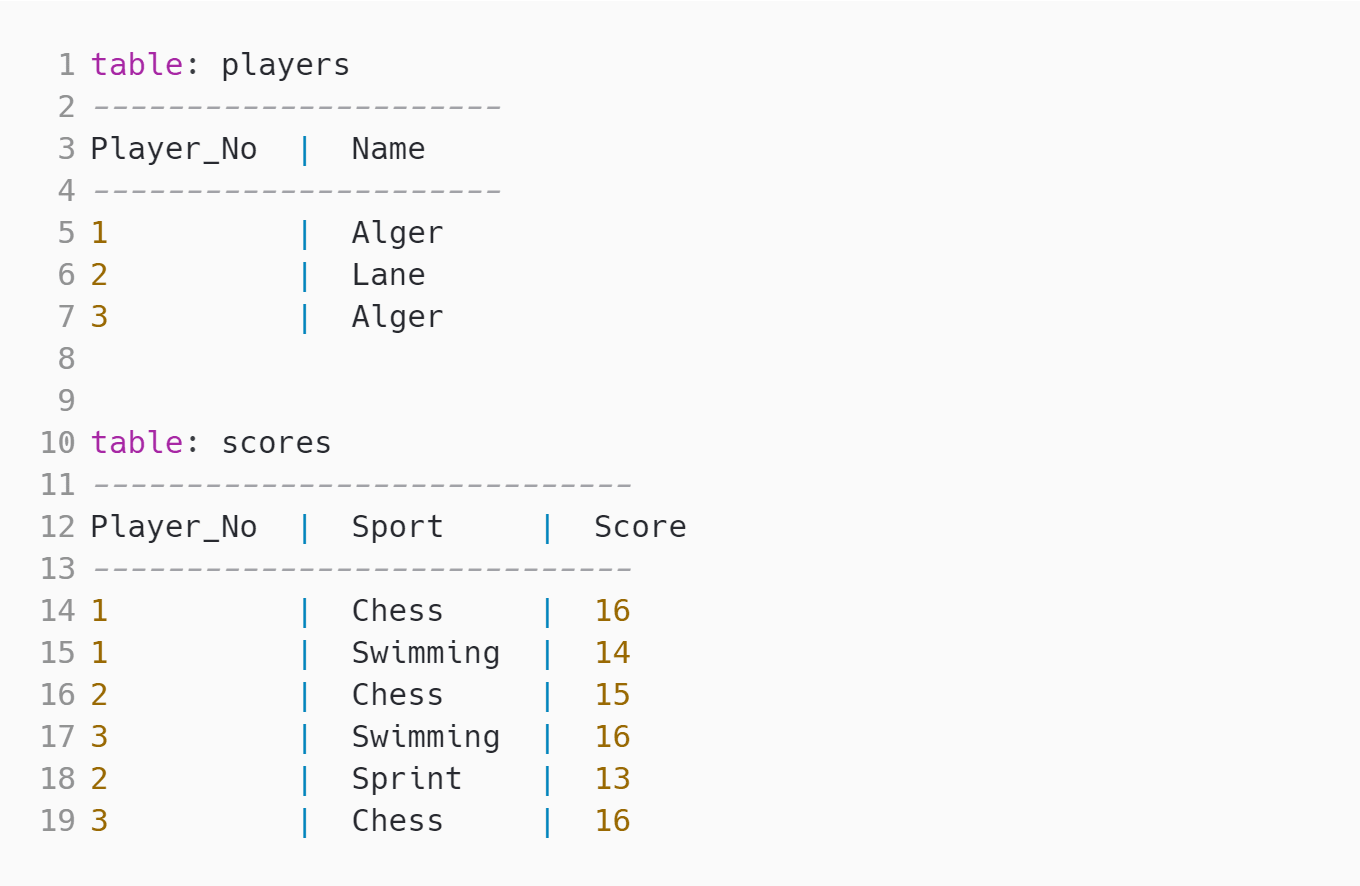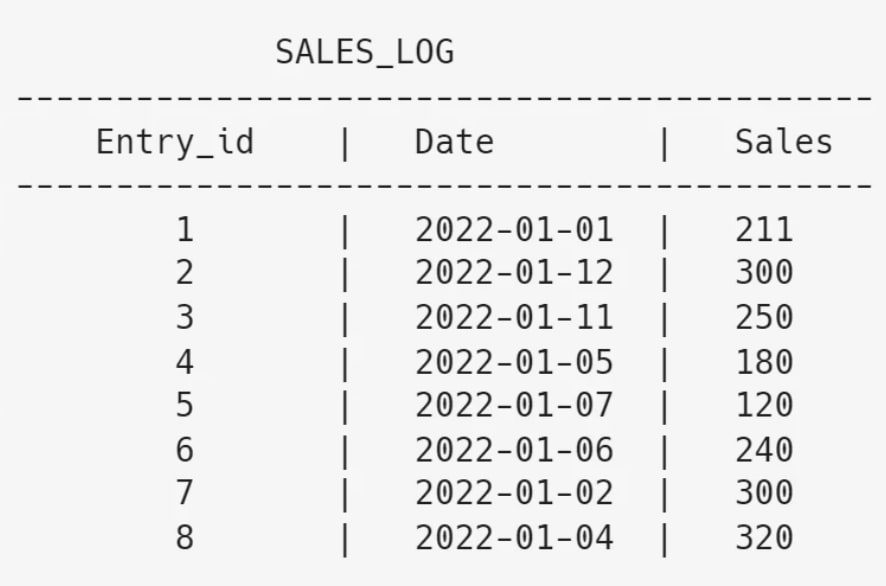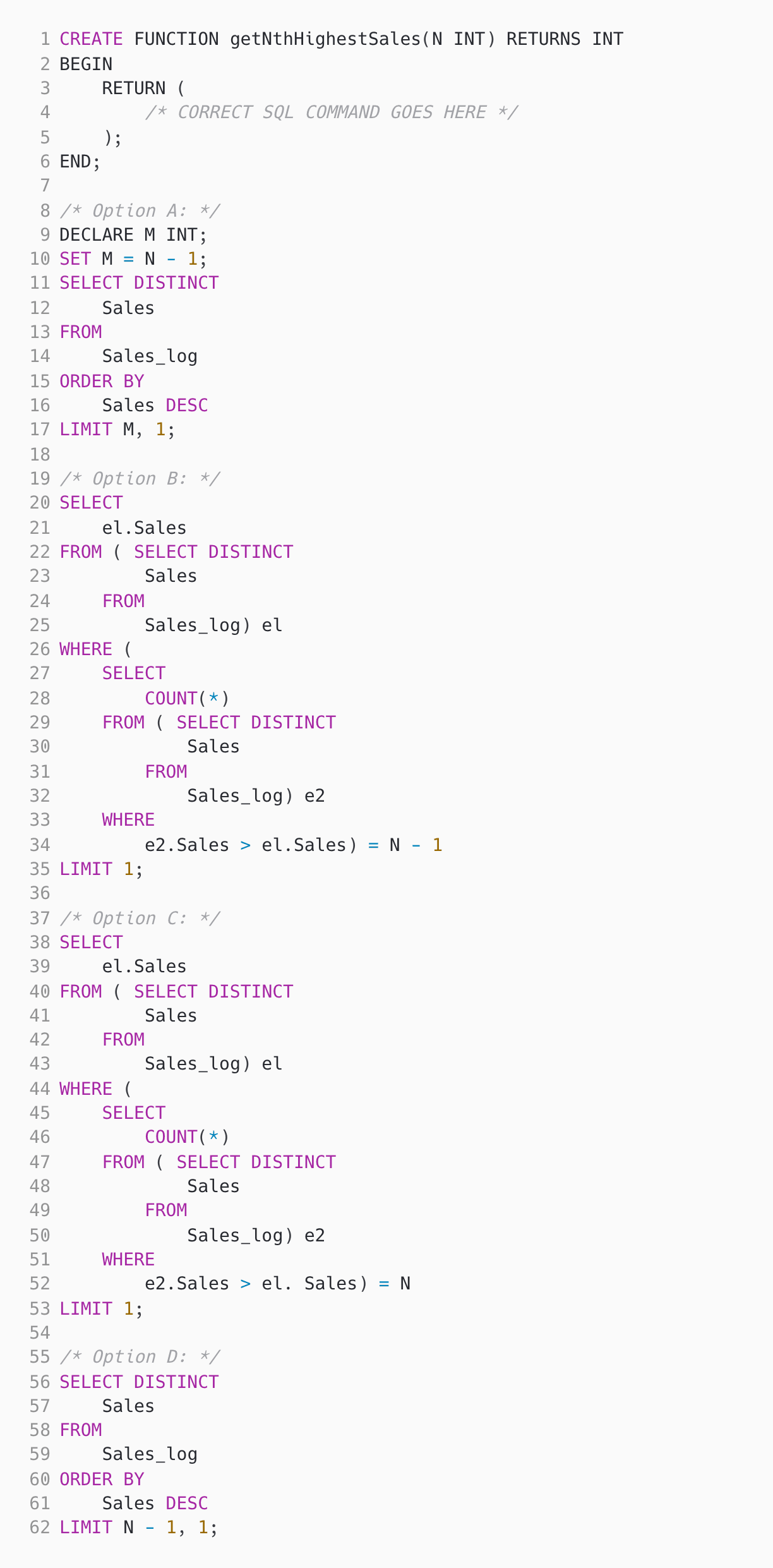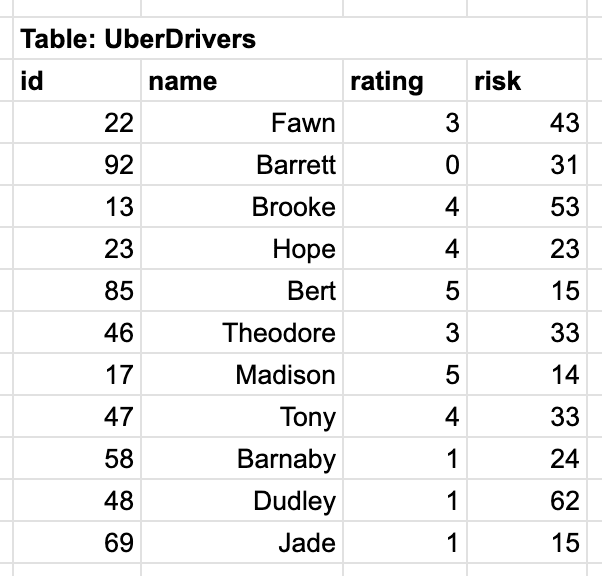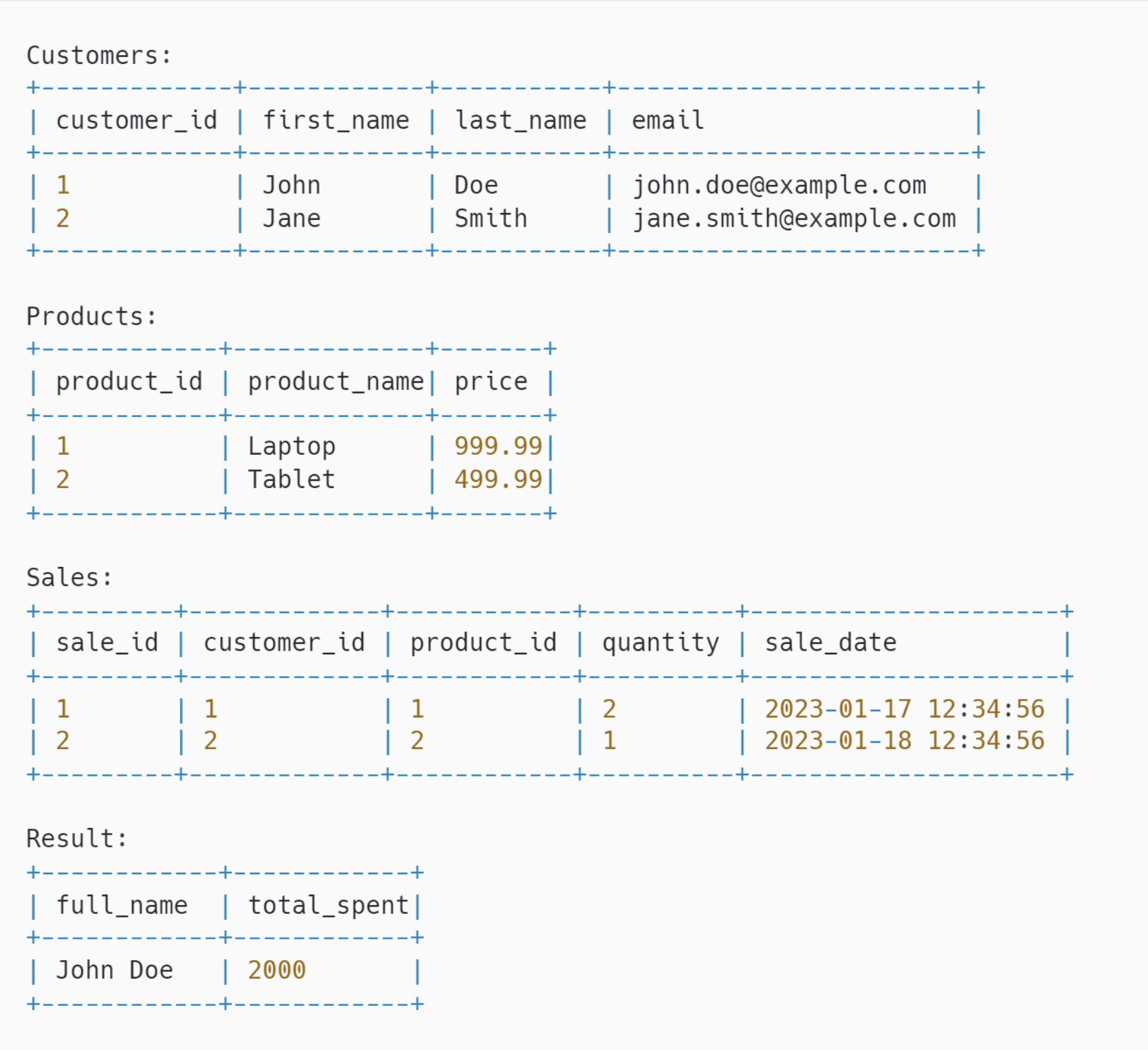SQLite Basics: SQLite Basics involves understanding the fundamental concepts and features of the SQLite database management system. It includes learning about database creation, table creation, data insertion, and retrieval. This skill is measured in the test to assess the candidate's familiarity with the basic operations and commands of SQLite.
Data Types: Data Types refers to the different types of data that can be stored in SQLite, such as integers, text, and floating-point numbers. It is important to measure this skill as it determines the candidate's understanding of how data is stored and managed in the database.
Queries: Queries involve retrieving specific data from the SQLite database using SQL statements. This skill is important to measure as it assesses the candidate's ability to write efficient and accurate queries to retrieve and manipulate data.
Joins: Joins are used in SQL to combine rows from two or more tables based on related columns. This skill is essential in assessing the candidate's understanding of how to retrieve data from multiple tables using different types of joins, such as inner join, outer join, and cross join.
Indexing: Indexing is the process of creating indexes on tables to enhance the performance of database queries. This skill should be measured to evaluate the candidate's knowledge of creating, managing, and utilizing indexes effectively to optimize query execution speed.
Transactions: Transactions in SQLite ensure the integrity and consistency of the database by grouping multiple database operations into a single logical unit. Measuring this skill is important as it tests the candidate's understanding of how to perform atomic transactions, handle concurrent access, and maintain data consistency in a multi-user environment.
Views: Views in SQLite are virtual tables that are derived from the result of a query. This skill needs to be measured as it evaluates the candidate's ability to create, modify, and utilize views to simplify complex queries and improve security by restricting access to underlying data.
Triggers: Triggers in SQLite are special stored procedures that are automatically executed when certain events occur, such as data modification or database operations. This skill should be measured to assess the candidate's understanding of how to create, manage, and utilize triggers to enforce data constraints, implement business rules, and maintain data integrity.
Normalization: Normalization is a process of organizing data in a database to eliminate redundancy and ensure data integrity. Measuring this skill is important as it evaluates the candidate's understanding of normal forms, functional dependencies, and the ability to design and optimize database schemas by applying normalization techniques.
Constraints: Constraints in SQLite define rules and limitations on the data that can be inserted, updated, or deleted from a table. This skill should be measured to assess the candidate's knowledge of different types of constraints, such as unique, not null, primary key, foreign key, and how to enforce data integrity through constraint enforcement mechanisms.



















